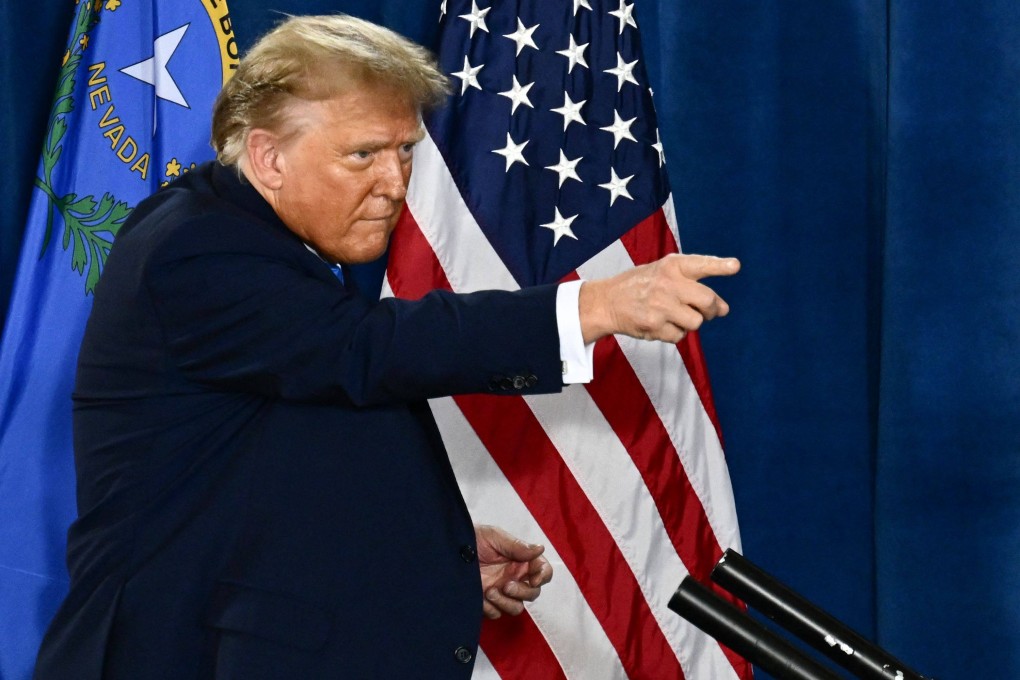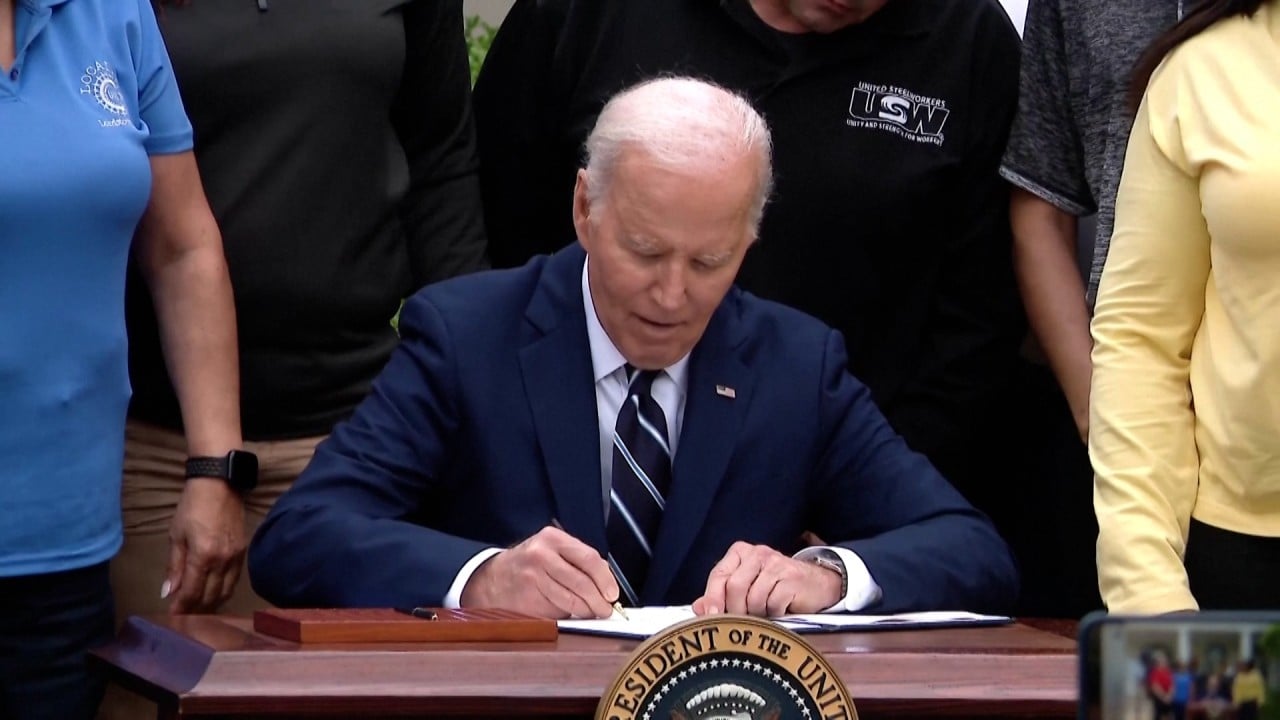Advertisement
Outside In | A world facing a polycrisis needs multilateralism more than ever
- While the end of globalisation is much touted today, nations are grappling with too many issues that cannot be solved unilaterally
Reading Time:4 minutes
Why you can trust SCMP
3

No matter where you look, the global polycrisis envelops us, throwing together climate change, pandemic threats, food insecurity, technological competition, trade conflict and hot wars. Confidence has faltered in open trade, globalisation and multilateral cooperation as a foundation for eliminating poverty and driving global economic growth.
Advertisement
In their place, global leaders are turning inward. They are bringing into favour industrial policies, protectionism in the form of both tariffs and subsidies, anti-foreigner sentiment and an obsession with fending off national security threats that seem to lurk under every stone.
Headlines declare the “end of globalisation” or the need to deglobalise. Think pieces discuss the need to “de-risk”, “reshore” and erect high tariff walls to protect local companies and jobs. Much of this is nonsense, but such headlines have attracted sympathetic attention in a year packed with general elections, with political combatants only too willing to blame the world’s ills on pesky foreigners.
In reality, reports of the collapse of trade and globalisation are at this point an exaggeration. Global trade did indeed stumble during the Covid-19 pandemic, but it has since recovered to pre-pandemic levels.
While China’s trade with the United States has contracted since former US president Donald Trump’s declaration of trade war, China’s trade surplus with the US remains large. Researchers from the Peterson Institute for International Economics note a pullback from the hyper-globalisation that marked the period from 1992 to 2008 but caution against extrapolating too much from the current trend of deglobalisation.
Any of the factors that make up the current polycrisis would constitute a massive potential threat to the global economy, but the one that perturbs me the most is the collapse of multilateralism. It is a threat in its own right, of course, but in its absence, virtually none of the other grave challenges can be addressed.

Advertisement

